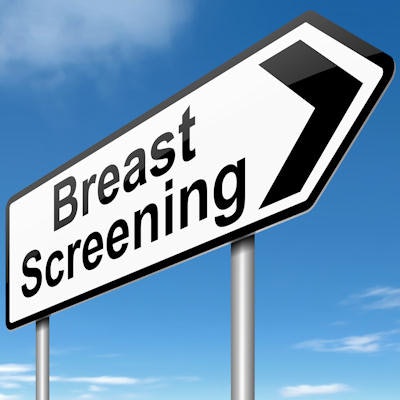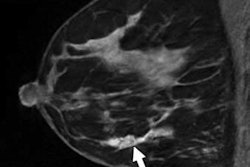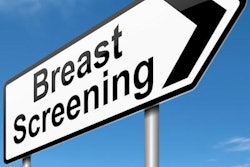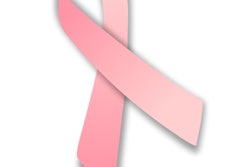
Women at high risk of breast cancer who receive letters that outline their options for additional imaging with contrast-enhanced MRI are more likely to follow through on this additional imaging, according to a study published online February 3 in Health Communication.
The study was a collaboration between Invision Sally Jobe Breast Centers and researchers from the University of Colorado Cancer Center, the University of Colorado School of Medicine, and the Colorado School of Public Health.
A team led by John Brinton, PhD, compared rates of follow-up breast MRI in 561 women with greater than 20% breast cancer risk. The group split the research into two periods: In the first, the recommendation for additional screening was communicated via letter only to a woman's primary care physician; in the second, the recommendation was communicated via letter to both the woman and to her primary care physician.
"When Invision Sally Jobe Breast Centers adopted the American Cancer Society recommendations for breast cancer screening, they first only informed referring physicians," said senior author Deborah Glueck, PhD, in a statement released by the University of Colorado. The centers "later went on to adopt the practice of informing women of these recommendations directly, in addition to the physicians. So we had a natural experiment where we could compare the two methods of communication."
The researchers found that breast MRI screening rates were higher in the group in which recommendations were sent to the woman and her doctor: 14.4% compared with 9.8% for first-time screening, and 6.9% compared with 0% for repeat screening. These results were statistically significant, the group wrote.
Because the study was observational, the findings don't necessarily prove that direct communication caused the increase in follow-up screening, Brinton and colleagues noted. But the results do suggest a link.
"We show that this kind of communication is associated with an increased rate of women returning for breast cancer screening with MRI," Glueck said.





















